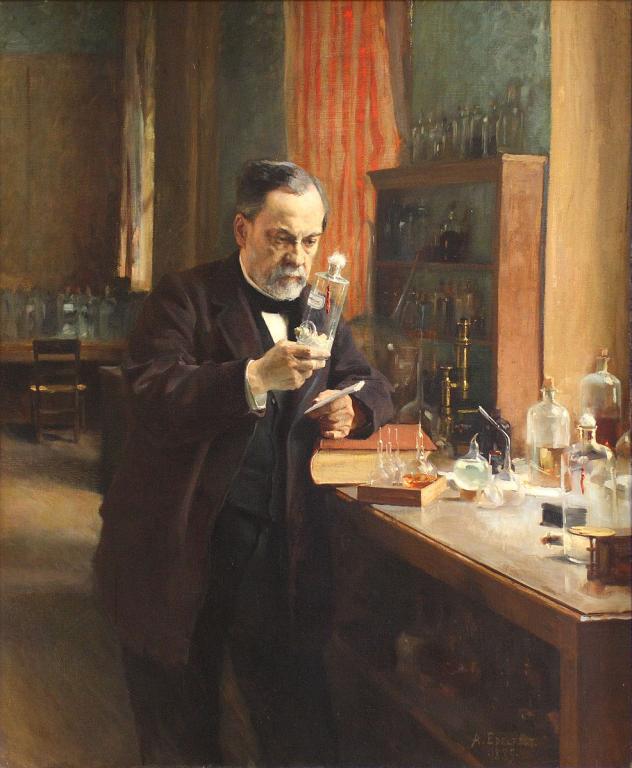
Our English word science derives, ultimately, from the Latin verb scire, which meant “to know.” In modern English, though, science doesn’t refer simply to knowledge in general. Rather, it denotes a certain kind of knowledge — or, even, to be really precise, a certain methodology (or bundle of methodologies; after all, cosmology and botany and geology and particle physics and genetics and astrophysics and ecology employ quite distinct methods and styles of reasoning) for attaining that particular kind of knowledge.
Very few if any people in the English-speaking world, for instance, would describe art history as a “science.”
Is history, more generally, a “science”? Some historians have aspired to that status — Leopold von Ranke’s famous goal of recording or writing history wie es eigentlich gewesen (“as it actually was”) surely expresses some such ambition — but most today probably don’t. And, while history can be ranked among the “social sciences” (as at BYU), it’s often placed within colleges of “Arts and Letters”). And it’s arguably at least as close to literature as it is to nuclear physics.
Is “political science” really a “science”? As practiced by some (e.g., by those who work with survey data), it may tend in a genuinely “scientific” direction. But more than a few “political scientists” are either uncomfortable with or irritated by the notion that they’re doing “science.” Courses on political philosophy, for instance, don’t seem “scientific” at all — though that act doesn’t even begin to render without value the study of Plato’s Republic and Laws, Aristotle’s Politics, or the work of John Rawls.
There are valuable areas of scholarship, study, thought, and knowledge that have nothing to do with “science” as it is generally conceived in English.
In German, though, the word Wissenschaft — which is often translated into English simply as science and which, analogously to science, derives from the German verb wissen (“to know”) — is quite a different matter. For example, although it is properly applied to such disciplines as chemistry and biology and phystics, there is also, actually, a German term Kunstwissenschaft (literally “art science” or, perhaps better, “science of art”) that is often used as a synonym for Kunstgeschichte (“art history”) but that can likewise refer to “aesthetics” or to the study of aesthetics and aesthetic judgment.
On that German term Wissenschaft, there may well be some additional notes to come.
Posted from St. George, Utah










